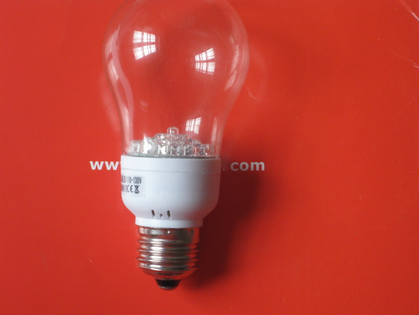
Since 2010, homes in the United States have been experiencing lower electricity consumption, attributed mainly to the use of more energy efficient appliances, gadgets and housing. In its third year of annual decline, American households are down to about 10,819 kilowatt-hours of power consumption, which, according to the Energy Information Administration, is the lowest level since 2001, the year when the average consumption reached 10,535 kilowatt-hours. At that time the smartest hand-held device was the Palm Pilot. The outlook seems to be promising, with the energy consumption projected to go lower or remain steady even if homes are more electrified these days.
Energy-efficient homes
One of the causes for the lower power consumption is the availability of better homes. When energy prices rose in the early 2000s, several U.S. states toughened or adopted stricter building codes that forced home builders to construct homes that are better sealed so that air-conditioned air or heat would not seep out of the seams, door and window frames and joints quickly. With that, less energy is wasted in newer homes. Better building technologies and insulated windows had a drop in price as well, which enabled home owners to retrofit their homes. When the financial crisis struck the country, a major portion of the Recovery Act funding went into programs for home efficiency.
Energy-efficient gadgets
As technology evolves and stricter manufacturing standards put into place, bigger home appliances like air conditioners and refrigerators are now more energy-efficient. According to the Association of Home Appliance Manufacturers, one of the biggest consumers of power, the air conditioner, is now consuming 20% less power compared to 2001 average. Other major home appliances are likewise more energy-efficient. Even the big LED TVs consume just about 20% power, with some using about $8 worth of electricity for a year, even if it is used for at least five hours each day. That is even lower than what a 60-watt incandescent bulb would consume.
The increasing switch to smart phones and tablet and laptop computers also contribute greatly to the lower energy consumption, as these devices are manufactured to have longer battery life features. A desktop computer consumes $28.21 worth of energy annually whereas an iPad will only use about $1.36 worth of power a year.
Energy-efficient lighting
LEDs and compact fluorescent bulbs are increasingly replacing incandescent light bulbs, contributing to the lower power consumption. The new bulbs consume just about 20% to 30% power yet provide better illumination. The Energy Department projects that if the use of LED bulbs becomes more widespread, the power savings this would generate could be equivalent to the output of 44 big power plants by year 2027.
However, most households today use more devices, which is offsetting what could be a more dramatic drop in power consumption. More homes are now using central air conditioners, DVRs that are turned on all day and more sophisticated game consoles with higher graphics processors and ability to connect to other players, which all need more power. It is projected that the average residential power use for each customer would likely fall by another 1.0% by 2014.
Photo Credit: LED Bulb


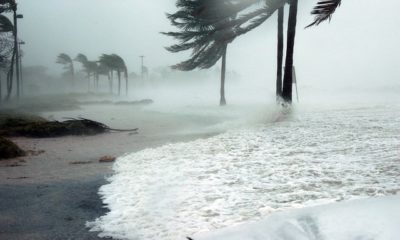
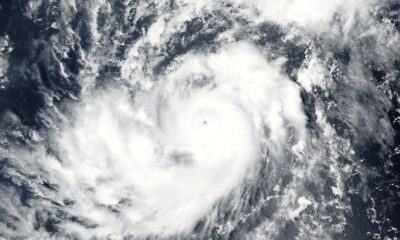
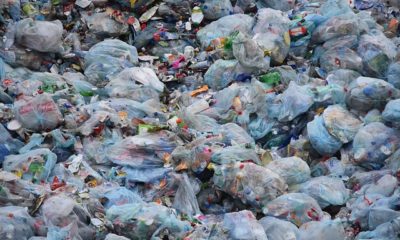
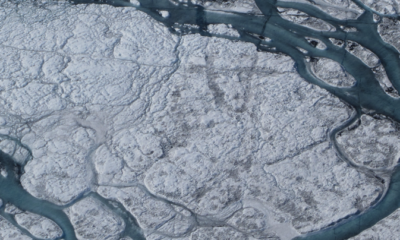
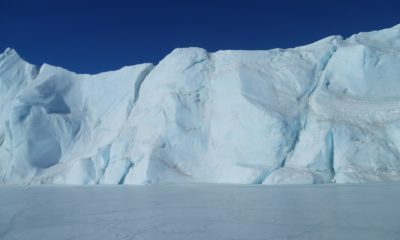


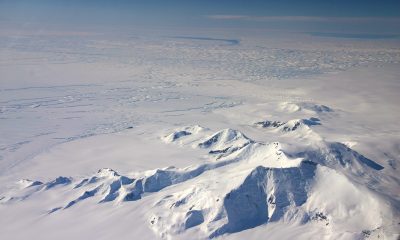





Facebook
Twitter
Pinterest
Google+
LinkedIn
Email